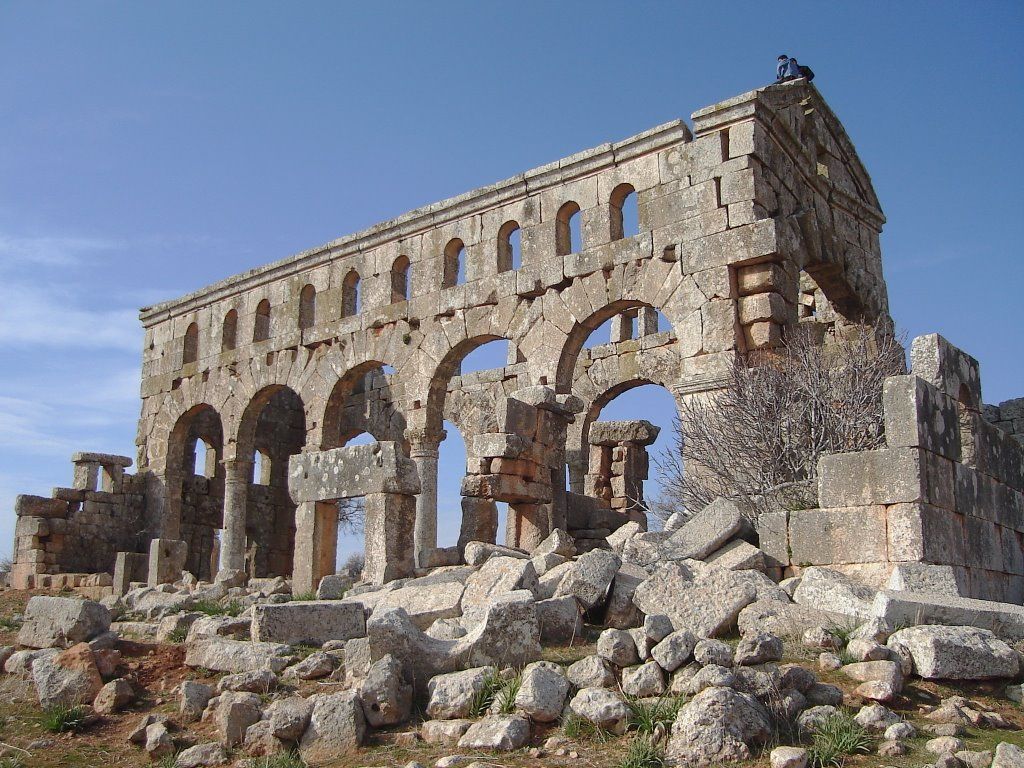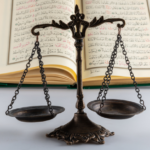
It is surprising to find those who call for political Islam and the Islamic state claiming that such as state will be one of freedom and equality, if we talk about religious freedom – the mother of all freedoms – do we find the concept of religious freedom in the Islamic state? The answer is no; Islam has divided people up into three categories: Muslim, dhimmī[1] and infidel.
THE FIRST IS WELL KNOWN, and the interpretation of this is that even the blood of the Muslim is not guaranteed under the rule of their state and may be shed for the simplest of pretexts. The Shaykh of Islam Ibn Taymiyya would shed the blood of anyone who neglects praying:
If an adult male leaves off praying one of the five prayers, or omits some of its agreed obligations, he should repent or be killed. [i]
This is not something unique to Ibn Taymiyya, but forms the consensus of the majority of Muslim scholars. Mālik and al-Shāf‘ī went so far as to say that he is not to be pronounced ‘infidel’ but simply killed. And there is the famous doctrine of Imam Aḥmad that he is to be pronounced infidel and killed for apostasy. Imam Abu Hanifa disagreed with the consensus by saying that he is not to be pronounced an infidel, but nevertheless imprisoned until he reaches the limit.[ii] As for the act of prayer, which is something between man and his Lord, they have intervened there too declared the blood of the Muslim to be shed if he leaves of from it. But the matter did not even at the point of actually abandoning prayer, since Ibn Taymiyya went on to cite more than fifty reasons for which a Muslim is to be executed.[iii]
So much for the Muslim. What is the situation of the dhimmi Christians and Jews? We will quote what Ibn al-Qayyim reported regarding the rulings concerning dhimmīs under Islamic rule in his commentary on Sūrat at-Tawba, verse 29:
Fight those who do not believe in Allah, nor in the latter day, nor do they prohibit what Allah and His Messenger have prohibited, nor follow the religion of truth, out of those who have been given the Book, until they pay the jizya from the hand while they are in a state of subjection.
‘By jizya’, he comments,
is meant the tax levied on the heads of the infidel as an act of humiliation.[iv] The meaning is that they ‘pay the tax to safeguard their necks. For al-Qāḍī declared, in his Al-Aḥkām al-Sultāniyya, that the term is derived from jazā’ (‘punishment’), either as a punishment for their infidelity by which we take it from them in order to abase them, or as a penalty in exchange for us offering them protection, out of the kindness of our hearts. And as for the expression ‘from the hand’ this refers to their having to give the tax while in a state of humiliation and subjection. This is the correct understanding of verse 29.[v]
There are a number of issues that illustrate for us the ‘state of freedom’ that they are calling for
It does not stop at paying tribute and humiliating non-Muslims. There are a number of issues that illustrate for us the ‘state of freedom’ that they are calling for. For example, the construction of churches and places of worship is unanimously prohibited. Ibn al-Qayyim cites the consensus of scholars on the prevention of the construction or renovation of churches in Muslim countries, and the necessity of demolishing them if they are renovated. On this Abū Bakr al-Tartūshī states:
As for churches, ‘Umar Ibn Al-Khaṭṭāb, may God be pleased with him, ordered the demolition of every church that did not exist before Islam, and prevented any church from being renovated. He ordered that if any cross should appear outside a church it should be smashed over the head of its owner. ‘Urrwa ibn Muḥammad used to destroy them in Ṣan‘ā’, and this is the doctrine followed by all Muslim scholars.
So if we talk about fair treatment between Muslims and non-Muslims, this simply does not exist. Under the aegis of the Islamic state a Muslim killing a Christian or a Jew is not to be executed, even if the killing is deliberate. The punishment of the Muslim for killing a dhimmī, if unintentional, is to pay the blood-price, which equates to half the blood money paid if the victim is a Muslim. If the killing is intentional and an act of aggression, then according to the prescriptions of ‘Uthmān and ‘Umar the blood money for a dhimmi victim is to be increased. Ibn ‘Umar is reported to have said:
A Muslim intentionally killed a dhimmi, and the issue was brought to the attention of ‘Uthmān, who did not punish him with execution but simply raised the level of blood-price to the level of the blood-price for a Muslim victim. [vi]
The issue of unintentional manslaughter and premeditated murder is one merely of the amount of jizya to be paid. Where, then, is the fairness that they claim?
We have found theirs to be a phantom without the least guise of an Islamic model
As for the third category – the infidel who is not a member of the People of the Book or a Muslim who has abandoned Islam – he is to be killed outright without being given any choice other than ‘Islam or death’. So where is the state of freedom and justice that they call for? It does not provide the most basic of rights, which is the right to religious freedom. It is a state based on a sectarian foundation, one that differentiates between a Muslim and a non-Muslim, so that the legitimate rights of people become mere dreams.
Did the Islamic project provide an economic model on which to base its rule? The answer again is no. Over a period of 14 centuries Islam it has not provided one. The only economic model offered by the Islamic state was an economy of invasion, whereby it relied on the looting the countries it conquered. This was illustrated by Shaykh Abū Isḥāq al-Ḥuwaynī in one of his sermons, in which he ascribed the backwardness of Muslims entirely to their having abandoned the jihad, which was yielding Muslims booty, slaves and captives to be sold in the markets. So, the question we ask here is whether the state they are calling for will reintroduce the colonial project – will they go to infidel Europe or America warriors and demand booty? Do they have the capacity to counter the atomic bomb or its sister the hydrogen bomb? Or will they practice governance according to the Western, secular, capitalist system, or indeed the infidel communist system?

Suggested Reading
In the end, after reviewing the most basic foundations on which any political system can be constructed, we have found theirs to be a phantom without the least guise of an Islamic model. Would it not be better for the advocates of Islamisation to confer among themselves and come up with a clear political model, instead of declaring takfir and killing people, in the way that they have been accustomed to in their propaganda? We could then ask whether it is possible they will possibly come up with a coherent political model for us one day? The answer is they won’t, because in Islam it does not exist. And if they come up one day with such a model for us, they will have committed a heresy against their religion. Yet despite all that, they will still continue issuing their slogans, their declaring of takfir and their bullets on anyone who disagrees with them. In the end they will be victims of everything they do; they will pay a high price when everyone turns to despising them, rejecting them chasing them out, as the martyr thinker Farag Fouda said.[vii]
[1] See Glossary: ‘Dhimma’.
[i] Ibn Taymiyya, شرح الوصي الكبرى , ‘الراجحي’, Vol. 13, p.8.
[ii] الموسوعة الفقهية, XXVII, p.53054.
[iii] مجموع الفتاوى لإبن تيمية
[iv] See Glossary: ‘Jizya’.
[v] Ibn Qayyim, Commentary on Sūrat al-Tawba,29.
[vi] The hadith, confirmed by Al-Albānī as ‘ṣaḥīḥ’, is here.
[vii] Farag Fouda was assassinated on 8 June 1992 by members of the Islamist group Al-Gamā‘a al-Islāmiyya after being accused of blasphemy by a committee of scholars at Al-Azhar. See Almuslih article: Intellectuals and their assassination over the centuries. (Ed).
Main image: Kharab Shams ( خراب الشمس) the ruins of an early Byzantine church in northwestern Syria.
See Part One of this essay here
